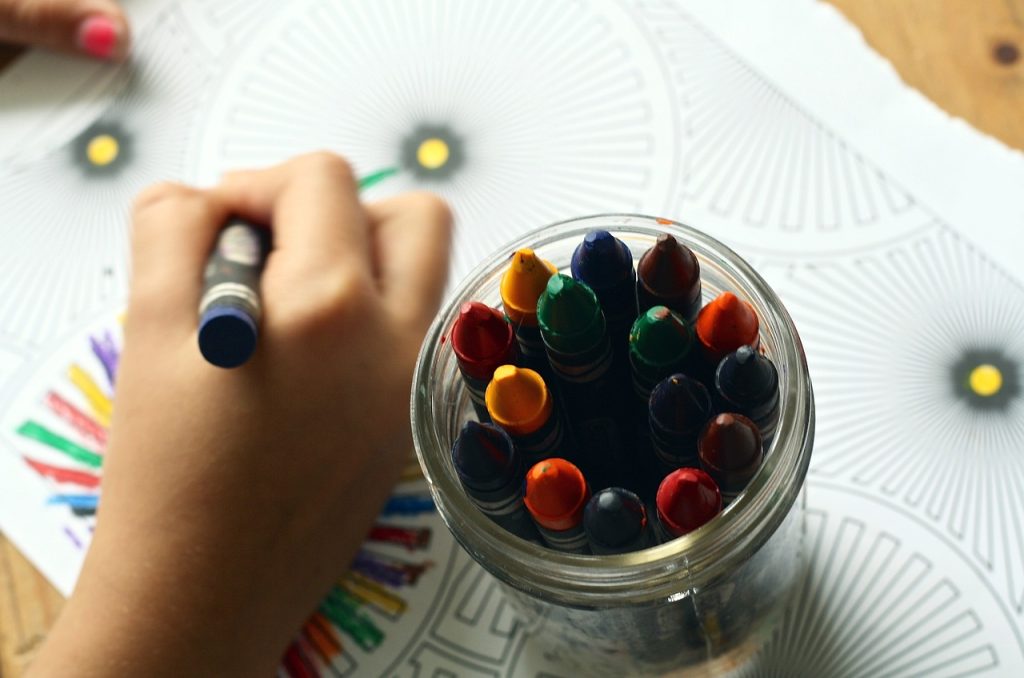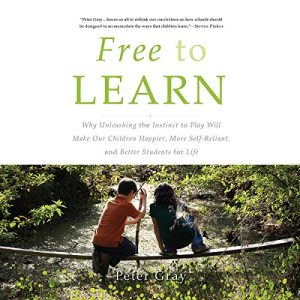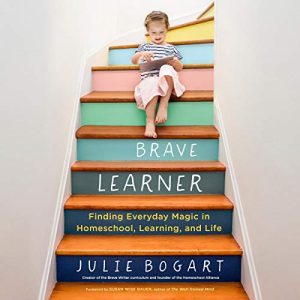Are you considering transitioning from traditional schooling to home education? If so, you may have come across the term “deschooling.” In this blog post, we’ll explore what deschooling is, why it is necessary, and how to effectively deschool.
What is Deschooling?
Deschooling refers to the process of mentally and emotionally transitioning from a traditional school environment to a home education setting. It involves letting go of the structures, routines, and mindset associated with traditional schooling and allowing time for both parents and children to adjust to a new way of learning and living.

Why is Deschooling Important?
- Unlearning Traditional Mindsets: Deschooling allows families to break free from the traditional mindset of education, where learning is confined to a classroom setting and dictated by a set curriculum. It encourages a shift towards a more flexible, child-led approach to learning.
- Reconnecting with Curiosity: Traditional schooling often suppresses children’s natural curiosity and love for learning by imposing rigid schedules and standardised testing. Deschooling gives children the opportunity to rediscover their interests, passions, and intrinsic motivation for learning.
- Building Stronger Family Bonds: Home education provides an opportunity for families to spend more quality time together and strengthen their bonds. Deschooling allows parents and children to reconnect, communicate openly, and establish a supportive learning environment based on trust and mutual respect.
- Adjusting to Freedom and Autonomy: In a home education setting, children have more freedom and autonomy to pursue their interests and learn at their own pace. Deschooling helps children adjust to this newfound freedom and take ownership of their learning journey.
- Addressing Burnout and Stress: Many families choose to homeschool after experiencing burnout or dissatisfaction with the traditional school system. Deschooling provides a period of rest, reflection, and rejuvenation, allowing both parents and children to recover from the stress and pressure of traditional schooling.
How to Deschool Effectively
- Take Time to Rest: Start by taking a break from formal academics and allowing time for relaxation and leisure activities. Use this time to decompress, destress, and focus on self-care as a family.
- Follow Your Child’s Lead: Pay attention to your child’s interests, passions, and natural curiosity. Encourage exploration, play, and hands-on learning experiences that align with their individual interests and strengths.
- Embrace Unstructured Learning: Provide opportunities for unstructured play, exploration, and discovery. Allow your child to pursue their interests freely, without the constraints of a set curriculum or schedule.
- Focus on Relationship Building: Prioritise building strong, trusting relationships with your children. Engage in meaningful conversations, listen to their thoughts and feelings, and create a supportive learning environment based on open communication and respect.
- Set Realistic Expectations: Understand that deschooling is a gradual process that takes time. Be patient with yourself and your children as you navigate this transition. Set realistic expectations and allow flexibility in your approach to learning.
In conclusion, deschooling is an essential step in transitioning from traditional schooling to home education. It provides families with the opportunity to break free from traditional mindsets, reconnect with their curiosity, and build stronger family bonds. By embracing deschooling, families can lay the foundation for a successful and fulfilling home education journey.
You may find that there are a lot of new terms you come across when researching home education, for exactly this reason I have put together a Glossary of Home Education Terms. I hope it helps you navigate this exciting new journey more easily. Let me know if your family took time to deschool or if you are considering it in the comments.
Home Education FAQs Series
This post is part of a series of Frequently Asked Questions concerning Home Education in the UK. If you are new to Home Education, are considering it in the future or you know people who Home Educate then reviewing the list of FAQs can be a good place to start. You may also be interested in be notified when my Home Education FAQs Ebook is published and if so please sign up below to be added to the list.
This post contains affiliate links, which means Barefoot Bliss and Books make a small commission at no extra cost to you. See the full disclosure here.
FURTHER READING ON HOME EDUCATION
Read more in some of my Favourite Home Education Books:





[…] and allowing the child to lead the way. Each child and each family will have different needs but a period of deschooling before starting into the home education journey can be extremely beneficial for all involved and some would even say […]